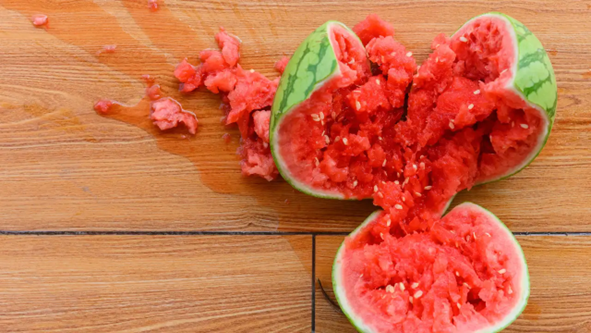
To listen to today’s reflection as a podcast, click here
Is it easier to break an old habit or start a new one?
It isn’t even close.
Research and experience demonstrate that it’s far more difficult to give up something we’re used to doing than to try something new.
Human brains are wired to remember habitual behaviors – and that includes the good, the bad, and the ugly. We may declare to the world that from this very minute (OK, maybe starting first thing tomorrow morning) we’re going to quit being so negative in conversations, or stop smoking, or reclaim all those hours we’ve lost while playing video games, or quit eating all the chocolate in sight.
But for most of us, it’s exceedingly hard to let go. Our brains are lousy at tearing down old circuits and revising old ways of thinking.
Fortunately, however, those same brains happen to be exceedingly talented at building new circuits.
Author Daniel Coyle puts it simply: The best way to deal with an old habit is not to attack it head-on, but to override it with a new one.
What about the assumption that “you can’t teach an old dog new tricks”? That truism has been found to be absolutely untrue. Research shows that people of any age can still learn and grow. It’s never too late, in other words, for Grandpa to learn how to text.
Where can we observe the powerful effect of forming new habits? Coyle points to the Shyness Clinic in Palo Alto, California, an organization committed to helping men and women overcome crippling social anxiety.
New clients at the Clinic don’t begin by exploring the multitudes of reasons that might have led to their experiences of shyness or fear. Instead, right from the start, they are given homework assignments. Assignment #1: Approach a stranger on the street and ask what time it is. This is a powerful first step in the rewiring of someone’s thinking.
Other steps follow – “a series of simple, intense, gradually escalating workouts that develop new social muscles,” as Coyle puts it.
Next assignment? Ask five strangers for the time. Then say hello to a stranger in the elevator.
After a few months, clients graduate to a major step.
They are encouraged to walk into a crowded grocery store, pick up a whole watermelon, then crash it onto the floor. Afterwards the “shy person” must simply stand there and experience the stares and glares of other shoppers. As you might guess, Kroger is not wildly enthusiastic about this part of the Shyness Clinic’s program.
Coyle writes in The Little Book of Talent: “To build new habits, start slowly. Expect to feel stupid and clumsy and frustrated at first – after all, the new wires haven’t been built yet, and your brain still wants to follow the old pattern. Build the new habit by gradually increasing the difficulty, little by little. It takes time, but it’s the only way new habits grow.”
In other words, baby steps.
Coyle’s research is not presented in a faith-based context, but his observations are entirely consistent with the challenges and opportunities associated with establishing new spiritual habits.
Most of us have ingrained behavioral patterns that do not serve us well. Instead of releasing each hour to God, we go to insane lengths to try to be in control. Instead of forgiving others, we automatically daydream about payback. Instead of prayer, we sink into a daily abyss of worry.
How do we get beyond such lifelong tendencies?
Mere willpower is not the answer. The classic Christian way forward mirrors contemporary research: Start a new habit.
Read Scripture. Carve out times of silence. Talk to God. Journal your thoughts and experiences. Join a worshiping community. Or any of dozens of other spiritual practices that strengthen our hearts and retrain our reflexes.
We cannot – we must not – endeavor to do all these things at once.
Start with just one.
Make a plan.
Ask for God’s help.
If possible, recruit an accountability partner.
Forgive yourself when, inevitably, you fall short.
Then begin again.
In other words, baby steps.
Cultivate a new habit, a new spiritual practice, that will help turn your heart – naturally and habitually – toward the things of God.
And the best news of all?
No watermelons will need to be harmed on your way to spiritual growth.
